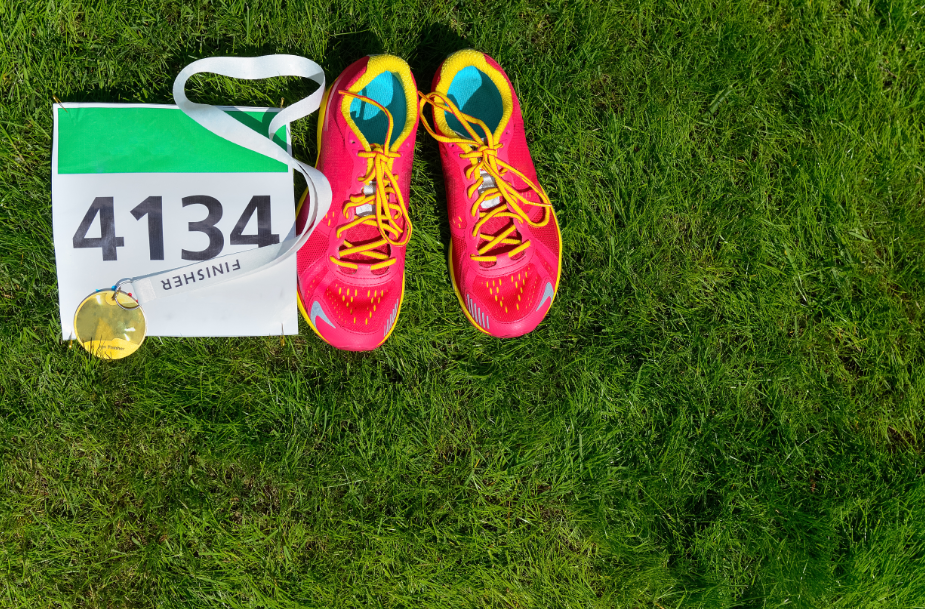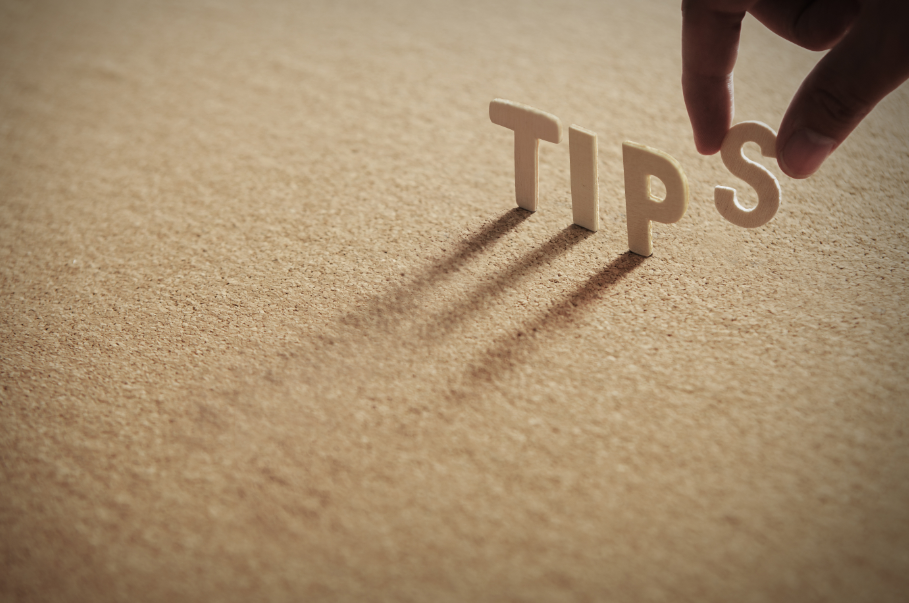How to recover from a spring marathon
By Mike James | 3rd May 2019 | Advice
How to recover from a spring marathon

Sports Injury Fix Director Mike James, has completed over 150 marathons and has trained, coached and treated 1000+ marathon runners over the last 20 years. Here are his top tips on recovering from a spring marathon and thinking about the rest of your seasons running.

Firstly, congratulations!!! Congratulations on completing your spring marathon, but also congratulations on committing to those horrible dark, cold and often wet winter months of long runs and heavy miles. That deserves a medal itself!
One of the most frequently asked questions I am asked is what is the best recovery strategy? What should I do? When can I run again? But marathon recovery is easy isn’t it? Surely, it’s the same for every marathon and every person?
Well I don’t think it is. And its been a long and tough journey to learn that if I’m honest. The advantage of getting older and having completed and coached so many marathons is that I have pretty much tried it all as either a runner, therapist or coach. The trends, fads, and well marketed gadgets and gizmos…the lot. As Edison famously stated “I have not failed. I’ve just found 10,000 ways that won’t work!”

That is why I have settled on the belief that recovery is very individual, and a one size fits all approach cannot be thrown at everyone. Firstly, just as everyone needs to train slightly different from the next person as work, family, training structure and physical commitments vary for everyone, then so does your recovery.
Where a marathon falls in a season is often influenced by someone’s plans for the rest of the year. The unique thing about a spring marathon is that although it could be a stand-alone marathon for the year, the athlete may then be trying to train to increase speed for a fast half or 10K later in the year, or multiple races of a shorter distance in a competitive season.
The runner may be looking at further marathons or even using the marathon to train for a much longer race. Therefore recovery – the specifics of what, when, how and how long for depend on the need of the runner. How long until the next run, the next training block etc depends on the training history and experience of the runner and what the next target is. A seasoned distance runner will have experience of what works and what doesn’t work, and we can attack recovery full force. A first-time finisher will need to be approached with more caution.
It may sound logical, but many marathoners don’t take their age into account when thinking about recovery time. Recovery does take longer as you age, a fact I have certainly found out the hard way. Our bodies are exceptionally robust and adaptable but respecting that they sometimes need a bit longer than we may want to, or have been used to previously to fully recover is important.
Now I know some people will be screaming at their phones / laptops thinking “what’s he making it so complicated for? Surely you have a few days off, a light walk/jog and when you feel like running again you start and just listen to your body don’t you?” and I completely agree, often it is and this is a successful strategy for many either by luck or by design.

In general, I would offer these following points but remember, it is individual and often trial an error to see what works and maybe more importantly doesn’t work for you being the ultimate determinants of how YOUR recovery strategy will look.
1. Massage and Soft Tissue work – There is an ongoing debate about the actual effects of these type of treatments, whether self-applied via techniques such as foam rollers and massage balls or going to see a qualified therapist for a hands-on treatment. I have quite a liberal attitude to these techniques following a marathon, simply put, if you feel like treating yourself to a relaxing spa, massage or any other type of “treatment” then go for it. You’ve trained hard and dedicated your time to the marathon, you deserve it. Will it assist or delay your recovery? We don’t know to be honest, but it will probably feel nice, make you feel more recovered and also help relax following the race.
2. Sleep - The amount and quality of your sleep also has a huge influence on your physical and mental recovery time. Good sleep is always important, but especially after a marathon-like effort. Injury risk is significantly higher when sleep is reduced. A simple search online will offer you fantastic tips and strategies to optimise your sleep.
3. Footcare - Take good care of damaged feet, toes and nails. Many runners think that feet will recover without any specific management. And often they will. But your feet are your tools of the trade, taking care of them now (if required) will pay dividends later in the season.
4. Return to Run - Everyone will fall on a spectrum regarding when it is time to run again. Some will be able to lace the shoes up again relatively quickly. Generally, I advise a short period of low impact activity, maybe a couple of walks post-race to help get moving again. Some enjoy a swim or bike ride for a few days to a week or two. By 7-10 days most runners can undertake an easy jog and I advise a softer surface is possible. By 2-4 weeks most people are back running consistently and can progress to full training as needed. The most common mistake I encounter with return to running is the runners who fear losing fitness or mentally crave a run. Often a return to running too soon, or too hard, can result in injury further down the line affecting subsequent races.
5. Nutrition -The sports Nutrition industry has done a fantastic job of making people believe special supplements and products are needed to recover. Essentially it is important to eat well and maintain a sufficient protein to carb ratio as well as rehydrating appropriately. This will aid recovery and a return to running. But for most of us non-elite runners, enjoying a well-earned glass of wine or beer and some much-craved treats for a day or two post-race won’t dramatically affect our recovery.
6. Heat, Cold and Compression – I could spend all day citing evidence and arguments for and against these strategies. Many would counter these with anecdotal cases of success and failure. Ultimately it is a personal choice. The other strategies I would argue are more important, and if you want to try these things and feel they help, then feel free to use them.
7. See a therapist? – I have intentionally left this until last, as I wholeheartedly believe not everyone needs to see a therapist after a marathon. When it is appropriate to seek further advice is if you have carried an injury and niggles beyond the usual aches and pains of marathon running throughout the training journey, and inherently feel it needs investigating, or indeed if you have been “patched up” and now its time to get fixed. Alternatively, it may be that the niggles are recurrent from previous training bouts and you feel its time to see if it can help via some simple exercise and self-management strategies.
Hopefully these just point you in the direction of a general recovery strategy, please seek advice from runners in your club or community that are well versed in recovery. Although their specific strategy may not be your specific strategy, then they will often have trialled many strategies and can be useful points of contact to bounce ideas off. Enjoy your recoveries, congratulations again and the best of luck for the rest of 2019.
If you feel that you need to see a therapist, then visit sportsinjuryfix.com to find a therappist that specialises in running and running related injuries. To find out how to stay injury free for a marathon read our top tips here.
.
.
